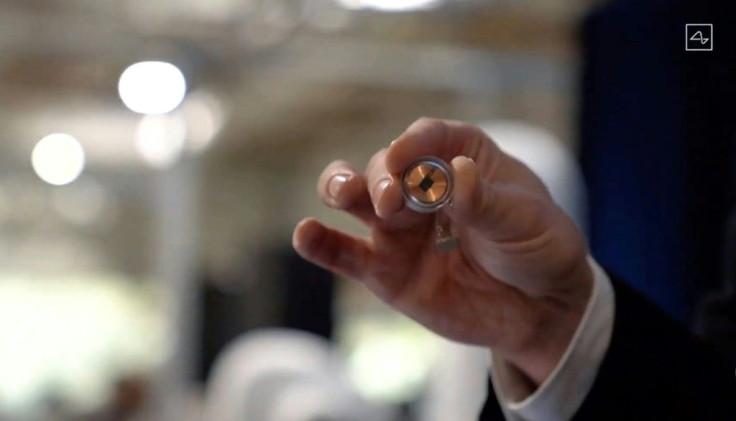Experts Back Musk’s Claim That Neuralink Can Eventually Address Morbid Obesity
KEY POINTS
- Elon Musk claimed Neuralink can address morbid obesity and other “brain injuries”
- Two experts believe it is possible in the future
- Human trials have yet to begin at Neuralink as it has not yet received FDA approval
Scientists and neurotechnology experts have backed Elon Musk’s claims about his Neuralink brain chip’s ability to help treat morbid obesity. They did reiterate that the chip has a long way to go, especially without proper scientific backing.
In recent interviews with Business Insider, experts said it is not impossible that Neuralink, a developing microchip meant for brain implantation to stimulate brain activity, can help with treating various health conditions. First among the believers is a neural interfaces expert at Newcastle University, Professor Andrew Jackson, who said that he doesn’t think “it is any more implausible than other claims for the potential of neurotechnology.”
#ElonMusk said his #Neuralink brain chip could help treat morbid obesity. Scientists say it's a long shot – but not an impossibility. https://t.co/WvRtsxsJlH pic.twitter.com/GzMMd16D3F
— Business Insider India🇮🇳 (@BiIndia) April 25, 2022
Sadaf Farooqi, a professor of metabolism and medicine at the University of Cambridge, also told Insider that while Musk’s concept is broad, it is still feasible. Farooqi explained that experts have shown the connection between the hypothalamus and some people with severe obesity. “If you could find a way to target that particular region and even those particular neurons that drive appetite, then in theory, a drug or a technology that did that could improve the lives of patients,” he said.
The experts’ comments came after Tesla and SpaceX CEO Musk suggested during an April 14 TED interview with Chris Andreson that Neuralink can address various brain-related conditions such as “severe depression, morbid obesity, sleep, potentially schizophrenia, like, a lot of things that cause great stress to people.” Musk, who also became the owner of Twitter earlier this week, did acknowledge that it would take “at least a decade of really just solving brain injuries.”
1/6 BREAKING…. We’ve just posted a brand new 70-minute interview with @elonmusk in which he sets out his vision for what it will take to create a future worth getting excited about. https://t.co/QcdskRcEwn Including…
— Chris Anderson (@TEDchris) April 18, 2022
This is not the first time Musk made headlines while talking about Neuralink. Last year, the tech billionaire said his brain chip company placed a neural implant on a monkey to allow it to play video games. On Sunday, Musk tweeted that the company was “working on bridging broken links between brain & body,” adding that “Neuralinks in motor & sensory cortex bridging past weak/broken links in neck/spine to Neuralinks in spinal cord should theoretically be able to restore full body functionality.”
Human clinical trials have yet to begin for Neuralink, as stated on the company’s official website. On the other hand, the company posted a recruitment offer earlier this year for a “clinical trial director” for its human trials. At that time, Neuralink said the clinical trial director will work closely with engineers and innovative doctors, as well as the company’s “first clinical trial participants.”
Neuralink’s human trials have yet to get a U.S. Food and Drug Administration (FDA) approval.

© Copyright IBTimes 2024. All rights reserved.






















